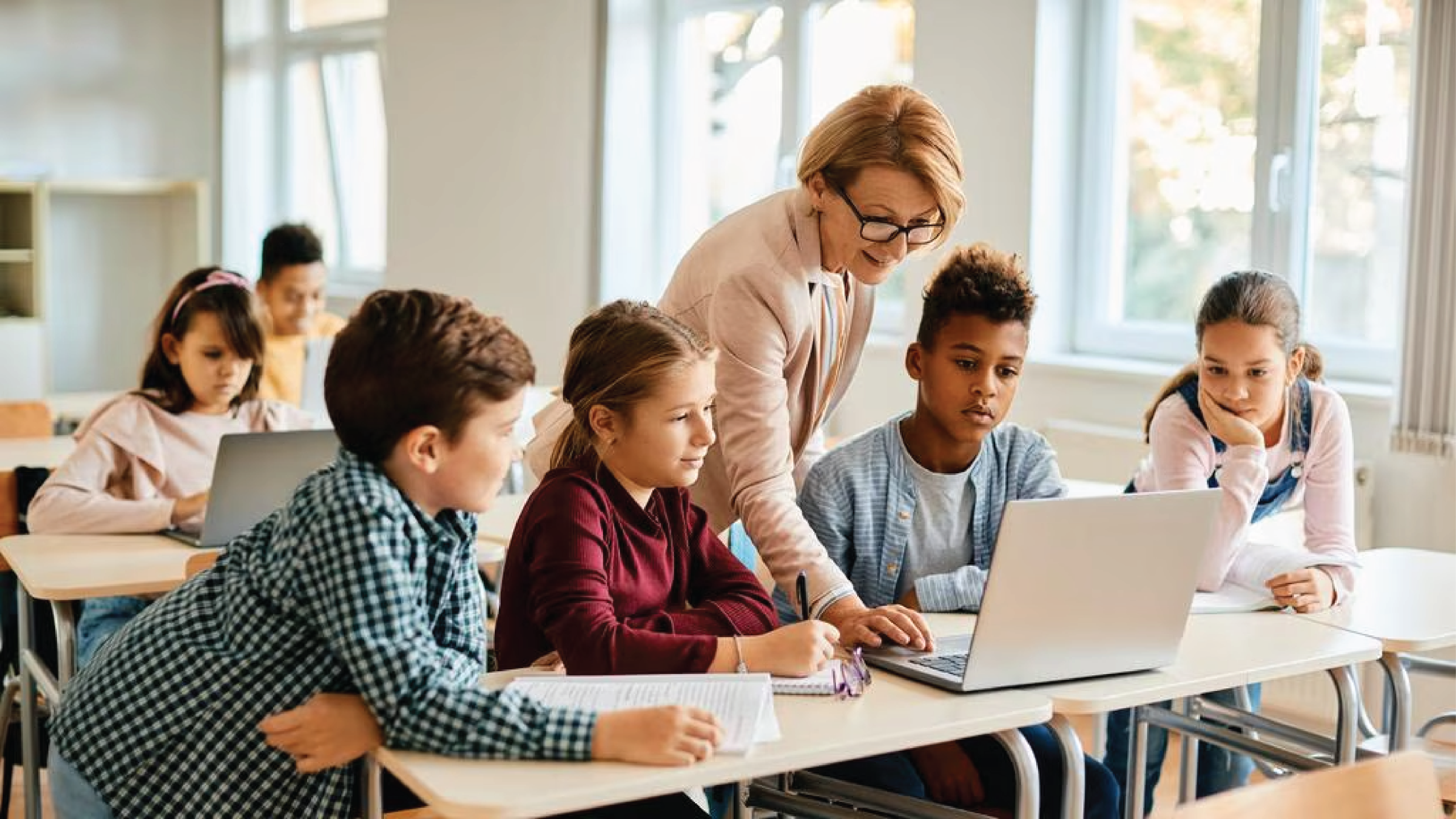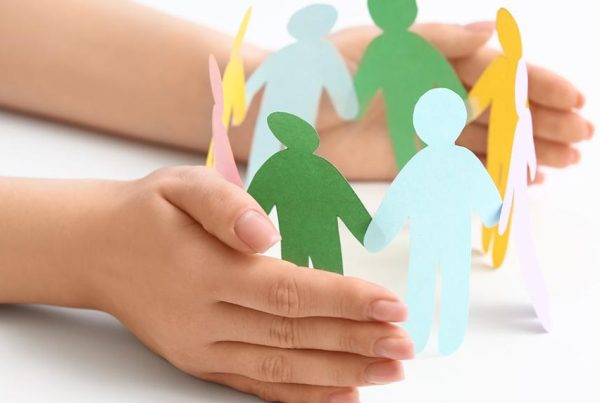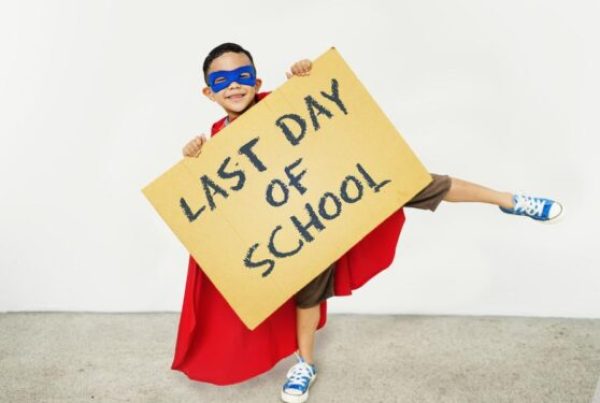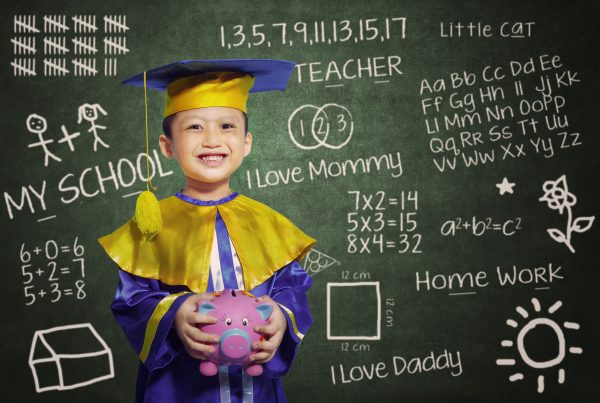Right now, a million students across Australia do not own a personal laptop to learn with in the digital age. This reality has lasting consequences as students’ educational attainment and future opportunities increasingly depend on digital access and literacy.
Without their own devices, students struggle to fully participate at school and disadvantage can persist, particularly for First Nations and regional students or those from migrant or refugee backgrounds.
Bridging this digital divide in Australia and across the world is the mission of LiteHaus International. The Queensland-based charity’s Back2School Device Donation Drive aims to deliver 5000 laptops and tablets to digitally marginalised students across Australia by Term 1, 2026.
Every donated laptop or tablet goes directly into the hands of a young person who might otherwise miss out. It’s a mission deeply personal to LiteHaus International founder and CEO, Jack Growden, a young Australian who was inspired to start the organisation after visiting the Western Highlands of Papua New Guinea in 2017.
Travelling to the remote region as part of his university course, the-then 20-year-old Jack saw first-hand the challenges students faced without access to technology. He donated his own personal laptop to a local school, promising to return with more.
After Jack’s promise made headlines in the PNG national press, he knew there was no turning back. Founding LiteHaus International in his parents’ garage that same year, Jack rallied friends and collected second-hand devices, returning six months later to build one of PNG’s first ever digital classrooms.
Grassroots fundraising soon gave way to broader support, enabling LiteHaus to expand beyond PNG and, with major grants, scale its impact across the Asia-Pacific.
Today, it is a movement spanning 12 countries, from Australia to Samoa and even Ukraine.
The scale of the organisation’s impact is significant. LiteHaus has empowered over 350,000 young people globally with the gift of digital inclusion, delivered more than 26,000 devices, and built 565 computer labs.
Its work has enabled over two million hours of digital learning, captured 416 tonnes of e-waste, and prevented 858 tonnes of carbon dioxide from entering the atmosphere, proving that digital inclusion and environmental responsibility can go hand-in-hand.
LiteHaus International has received significant recognition for its efforts. The organisation has won International Telecommunications Union awards on three occasions for outstanding contributions towards fostering digital equity globally.
The goal now is to enrich the learning journeys of two million people by 2030. Even if it is reached, the digital divide remains a stubborn barrier. Some schools still report device ownership rates of less than 15 per cent even though half a million computers end up in landfill each year.
First Australians, new Australians, and regional students are more likely to face digital poverty, isolating them from opportunity as public services, employment, and study shift online. A postcode should never determine a person’s participation in the digital world. LiteHaus International addresses this gap directly through initiatives like its Digital Inclusion Program, which places laptops into the hands of those most affected by digital poverty.
These devices do more than open up classroom learning. They allow students to apply for university, start businesses, support their families, and access vital services like mental health support.
Sourcing devices to donate isn’t always easy. Businesses have a crucial role to play by ensuring their retiring devices end up in the hands of a learner and not in a landfill. Professional services firm Deloitte became LiteHaus International’s largest donor through their not-for-profit sponsorships program when it recently diverted 2540 retiring laptops and 1154 monitors from the e-waste and into classrooms across three countries.
Through LiteHaus International’s broader partnership with Deloitte, more than 3300 digitally marginalised students can say they own their own laptop. LiteHaus International handles every step of the donation process, from world-leading Blancco data erasure to onsite device collection and delivery to students, all at no cost to donors, making it easy for organisations to make a real impact.
LiteHaus International presents the opportunity for individuals and organisations across Australia to help create a fairer, more connected future where every student has access to digital tools. Donating unused laptops or tablets supports both education and the environment. Together, we can ensure no Australian student is left offline.









